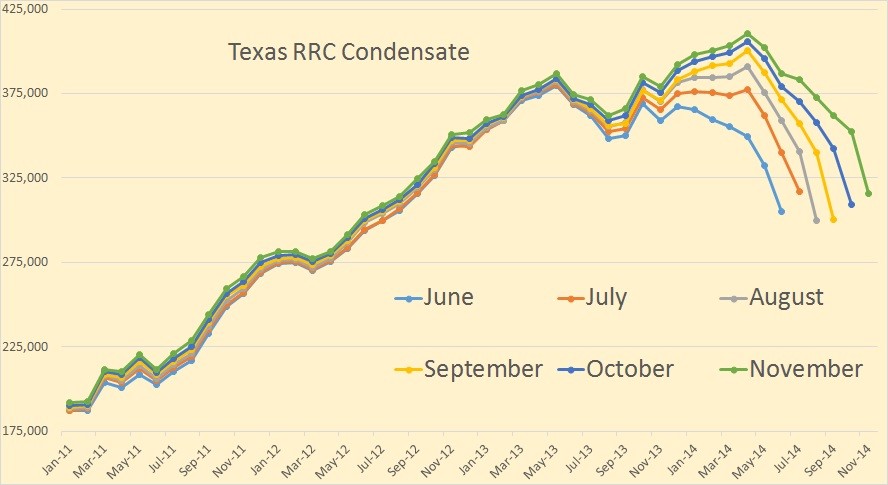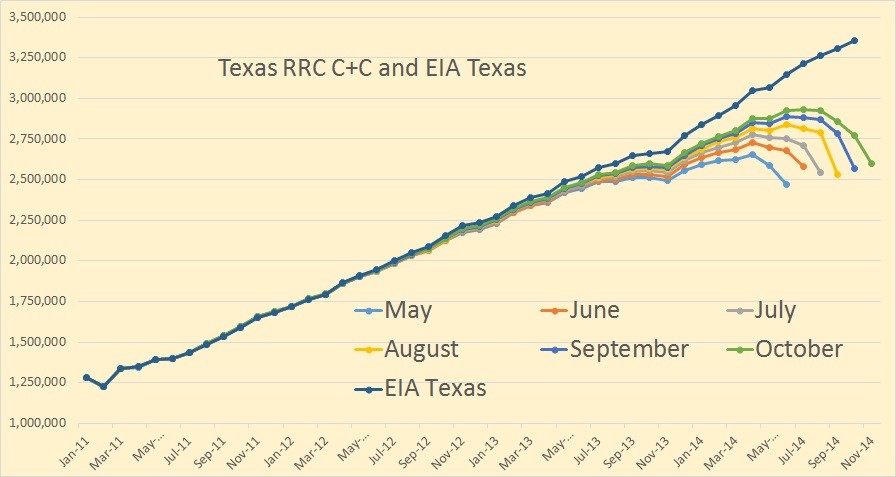Bond Prices May Drop If Rates Rise But How Bad Could It Get Amateur Asset Allocator
Post on: 3 Июнь, 2015 No Comment

Current conventional wisdom holds that interest rates are at unsustainably low levels and have nowhere to go but up. Neverminding the fact that people have been saying this for several years now, they have a point: interest rates are very low and they probably will rise in the next few years, although thats by no means guaranteed (for instance, if the economy slips into recession again, rates will probably remain low). But so what if they do?
Assume Interest Rates Rise: Then What?
Lets assume for a moment that interest rates must rise. Then what? Since bond prices covary inversely with changes in interest rates, bond prices will fall if rates rise. Its unavoidable. But is that really a big deal? Well, that depends on what kinds of bonds you own!
The Worst-Case Scenario For Bonds Isnt That Bad
The arithmetic of bonds works out this way: for every 1% change in interest rates, a bond funds nav will move by the amount of its effective duration in the opposite direction. For example, a bond fund with an effective duration of 5 years will drop 5% in value for every 1% increase in interest rates. So if interest rates are currently 1%, a bond fund with a 5 year effective duration would drop by 15% were interest rates to increase from 1% to a more historically-normal 4%.
Sound bad? Its really not. For starters, the moment rates start going up your fund will begin reinvesting the proceeds from maturing issues at higher rates. Instead of paying just 1%, the funds yield will rapidly increase, given you a yield cushion of an extra 3% per year. Thus, over a 3 or 4 year period, youre looking at maximum losses in the 5-6% range. Hardly ideal, but its not going to cause you to start eating dog food in retirement, either.
Of course, thats just the worst-case scenario for the total bond market (which happens to have an average duration of right around 5 years). Investors in long-term bond funds, with durations ranging anywhere from 8 years up to 20+ years, could be in for a much rougher ride. On the longer side of the maturity spectrum, investors in long-term bonds could be in for losses of 15-20% or more over a 3 or 4 year period if rates rise dramatically. Investors who have shifted their bond allocation to ever longer-maturing bonds in search of extra income could get hurt, which is one of the reasons I advise people to never reach for yield. the extra risk just isnt worth it, in many cases.
What Are The Alternatives, Anyway?
Now that we know what the worst-case scenario for most bond investors is, and that its not that bad, I pose the following question to the bond-bubble rabble rousers: if not bonds, then what? After all, youve got to invest in something unless you think putting your money under the mattress is an acceptable investment. Lets look at how the alternatives might fare in a rising interest rate environment.
Stocks
Rising interest rates usually mean one of two thing:
- Rising inflation
- A booming economy

Clearly, stocks are a great place to be when the economy is booming. If you think the economy is about to take off, it might be rational to dump bonds in favor of stocks (but only if you know something the market doesnt!). If runaway inflation is the reason rates are heading up, though, moving into stocks will likely be disastrous because, while stocks act as decent hedges against inflation over the long run, they dont do very well at all when inflation spikes in the short term.
So as you contemplate moving out of bonds, think about which scenario seems more likely: inflation or an economic boom. I think even the most optimistic prognosticator would have a hard time predicting an economic boom. In light of our economys lingering systemic issues, I think the most likely scenario is a decade of moderate, not great, economic growth with perhaps a few major bumps along the way. The bond bull market may be over, but equities arent exactly primed for a monster bull run. Yet.
Real Estate
The real estate recovery seems to have finally begun in earnest. I dont see a return to pre-bubble appreciation rates, but I think its realistic to expect real estate prices will at least keep up with inflation (or perhaps beat it slightly) in most markets going forward. Unfortunately, theres a very direct inverse relationship between interest rates and home prices. If interest rates go up, expect real estate values to drag. Thus, real estate isnt a good substitute for bonds if youre afraid of a bond bubble.
Commodities
Commodities could be your best bet in the event of sudden inflation. They could also wind up being decent investments in the event of an economic boom, as demand for raw inputs tends to increase when times are good. But heres the problem: commodities are extremely volatile every bit as volatile as stocks, in fact. It doesnt doesnt make sense to sell a mostly-safe asset (bonds) because of the possibility of a small price drop in order to buy an asset with a proven history of volatility. Commodities could go up, or they could go down. The point is, if they do go down, they will probably go down far more than bonds will even in the worst-case scenario.
Stay The Course, And Shorten Your Duration If You Must
In light of the facts, it just doesnt make sense to get out of bonds at this juncture. Youd be trading a likely small loss over the short term for a possible large loss over the intermediate term. Thats not a smart bet to make. I do think theres an argument to be made for shortening up your bond exposure, though. If you hold long-term bonds, I wouldnt argue against moving to short or intermediate-term bonds. If you hold intermediate-term bonds, I wouldnt give you any flak if you chose to move into short-term bonds. But sell out completely? Thats probably the worst thing you could do!
What do you think? Are you staying the course with bonds or have you gotten out?














